What Is a Firewall Policy? Steps, Examples & Free Template
eSecurity Planet
JANUARY 5, 2024
A firewall policy is a set of rules and standards designed to control network traffic between an organization’s internal network and the internet. It aims to prevent unauthorized access, manage data movement, and guard against potential security threats. Click to download What Are the Components of Firewall Policies?




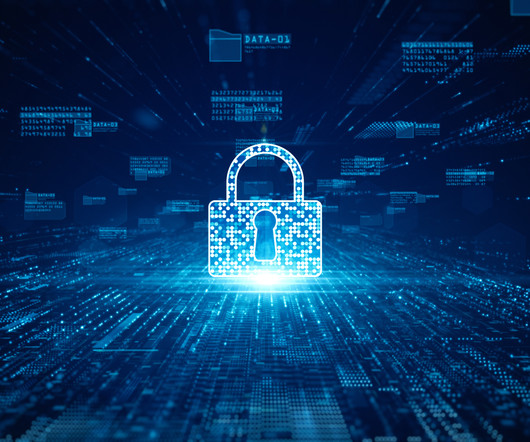
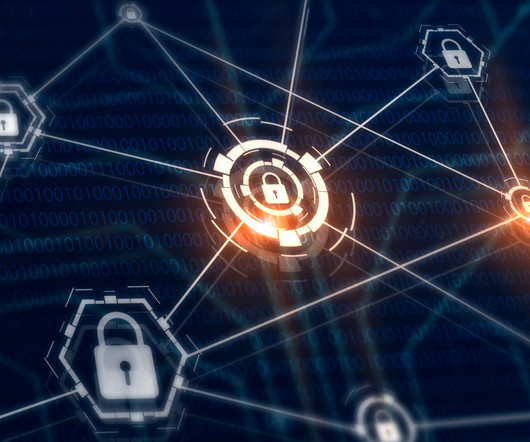
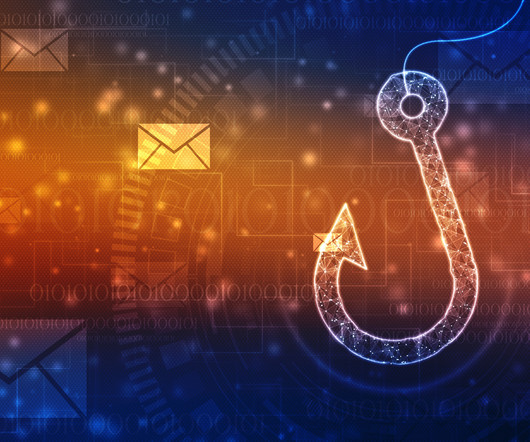
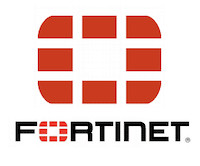
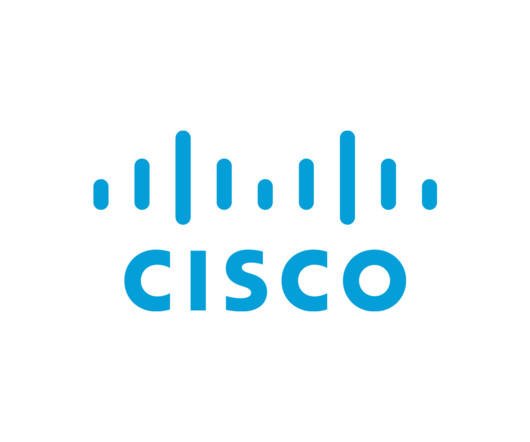
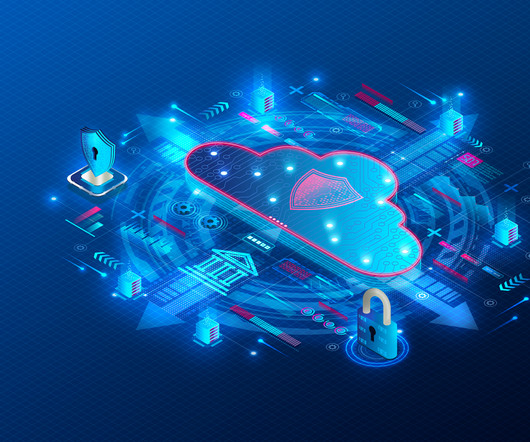
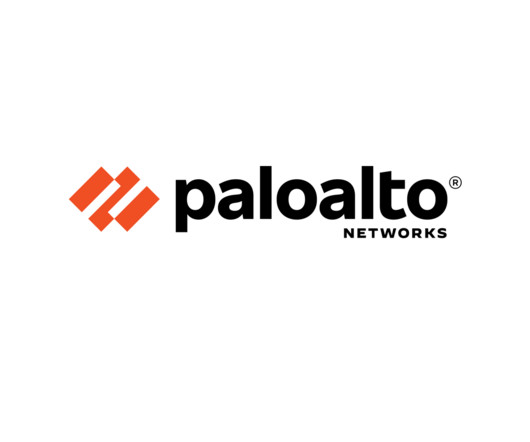
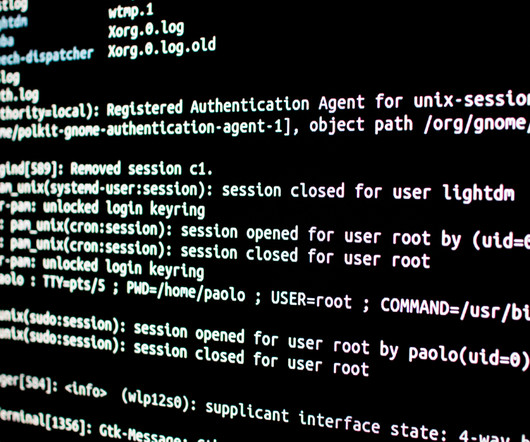
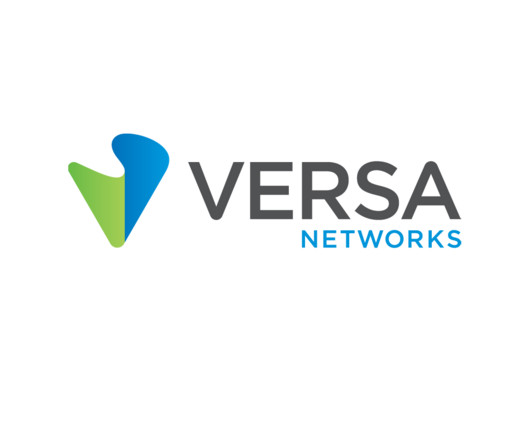
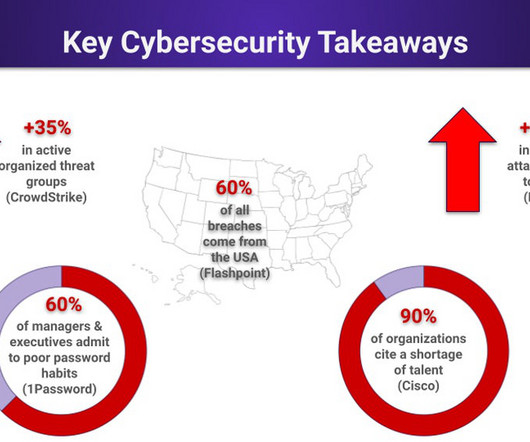






Let's personalize your content